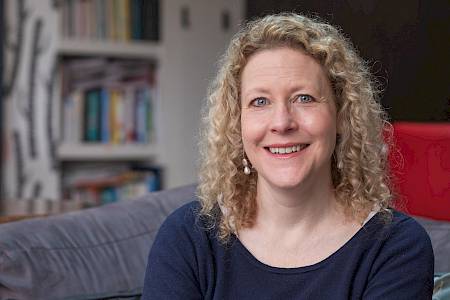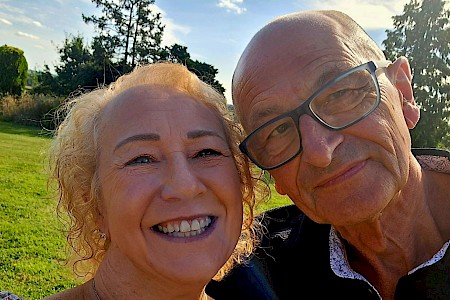A quick online search of the word ‘loneliness’ bring up many articles exploring various aspects of this normal human experience; it’s reassuring that it’s now considered by most people to be socially acceptable as a topic of conversation. The latest survey data from the Office for National Statistics (ONS, June 2025) shows that 372,488 people in Great Britain aged 70 and older feel lonely often or always. If we include people who feel lonely at least some of the time, then that's approaching 1.6m people. Loneliness and isolation are nothing to be ashamed of, or embarrassed about – it will strike most of us at one stage of life or another. Of course, loneliness doesn’t only affect older people, and we’re interested in the prevention and management of loneliness through a lifetime, to understand the moments when it’s more likely to strike. We want to understand how people cope with what feels like an increasingly inevitable part of life, and explore what communities can do to bring in those who feel left out.
As a charity, we’ve been finding ways to help lift people from loneliness for 60 years – and some might argue that if a social issue can’t be solved in six decades, then what hope is there? We recognise, however, that as society changes, so does the way loneliness manifests itself. Our work began with the simple but effective idea of bringing older people together in a home-setting, on a Sunday afternoon, for conversation and friendship over food. This concept still exists today, with social gatherings taking place across the UK, thanks to the generosity and kindness of volunteers. But these days, as well as taking place in people’s homes, the events might be held in a cafe or a community space, perfect to accommodate more guests and be accessible to more people. I’ve been delighted to see so many volunteers and guests celebrating our 60th birthday with special parties up and down the country – you can find out more about the celebrations on our dedicated Diamond Anniversary web page.
We developed our Call Companions service during the Covid pandemic, when in-person events had to stop, but of course, loneliness didn’t - in fact, it was worsened by mandatory social distancing and travel restrictions. The initiative was a success and has gone from strength to strength since the early 2020s. Today, we’re looking for even more volunteers to help us reach the older people on our waiting list through weekly phone calls – by signing up or spreading the word about this flexible, fun volunteering opportunity, you can help us build a more connected community through the simple act of conversation.
Finally, the results of our latest annual survey are in, which is always a great opportunity to reflect on where we are as an organisation, and how we can continue to offer the most meaningful services to older people living with loneliness. Behind the scenes, we're using the insight to help us continue to grow and develop the most impactful services to help reduce loneliness in later life for people across the UK – read more about some of our discoveries from this year’s annual survey in this new article.
-
View
More news

Jenny's September update
We explore the importance of creating systems and building communities that offer opportunities for genuine social connection for older people.
By Jenny Willott, OBE

Years and years of volunteers
Re-engage volunteers Allan and Gill look back over nearly a decade of happy memories.
By Guest contributor

